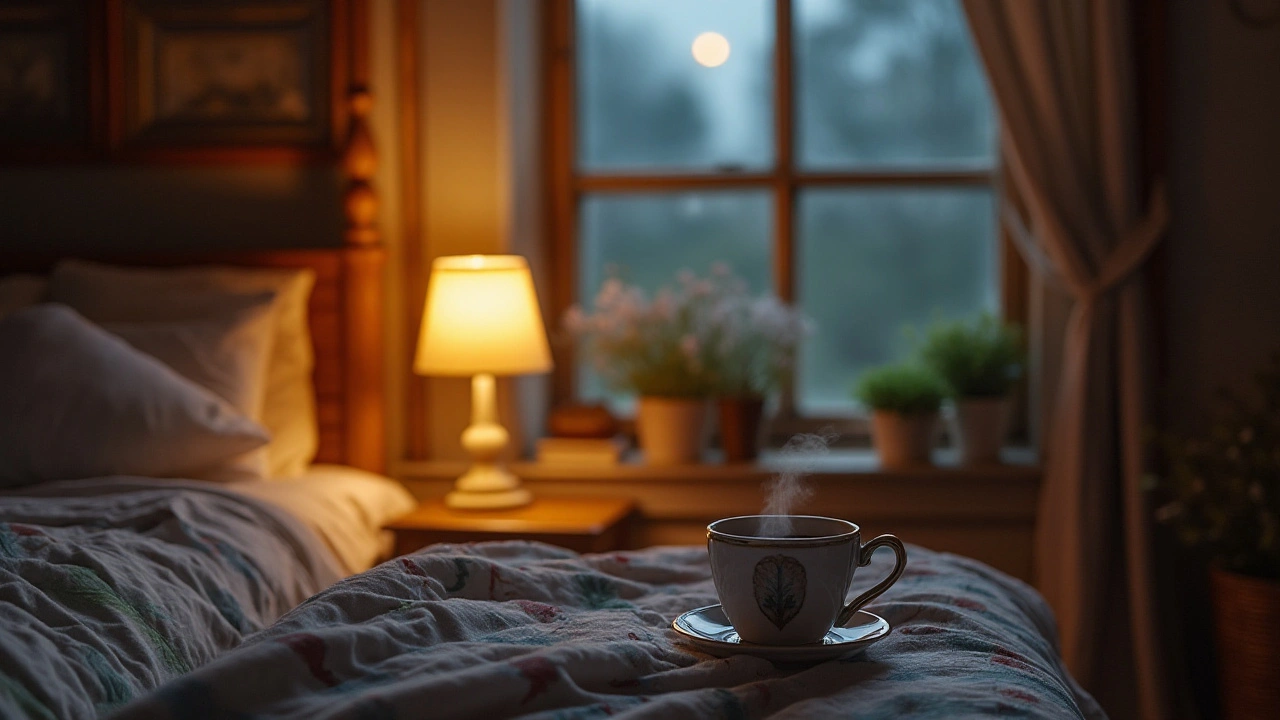Valerian: Uses, Dosage, Safety & Buying Tips
Valerian root is a plant people have used for sleep and anxiety for centuries. Some users report falling asleep faster or feeling less tense after taking it. Research is mixed: some trials show small sleep benefits, while others find little change. Still, many find it worth trying before prescription sleep meds.
How people use valerian depends on the form. If you want a tea, steep 2–3 grams of dried root in hot water for 10–15 minutes. For capsules or tablets, typical extract doses are 300–600 mg taken 30–60 minutes before bed. Tinctures vary but often fall in the range of 2–3 mL. Start low and test how you react; you can raise the dose slowly if needed.
What to watch for
Valerian can cause drowsiness, dizziness, headache, stomach upset, and vivid dreams. Don’t drive or operate heavy machinery after taking it. Avoid mixing valerian with alcohol or other sedatives like benzodiazepines, opioids, antihistamines, or certain antidepressants — the combined effect can be dangerous. If you have liver disease or notice jaundice, stop the herb and see a doctor; while rare, liver problems have been reported.
Pregnant and breastfeeding people should skip valerian unless a clinician advises otherwise. Children can be sensitive to herbs, so talk with a pediatrician before use. If you take prescription meds, check with your doctor or pharmacist about interactions — valerian can boost sedative effects and may interfere with some drug metabolisms.
How to choose and use valerian
Look for products that list Valeriana officinalis and show extract strength or valerenic acid content. Third-party testing seals (USP, NSF, or independent labs) add confidence. Prefer sealed bottles, clear dosing instructions, and an expiry date. If you plan to test valerian for sleep, use it consistently for at least two weeks; some people notice improvement right away, others need a week or two.
Combine valerian with sleep-friendly habits: keep a dark, cool bedroom, avoid screens before bed, and limit caffeine after midday. If valerian doesn’t help after a short trial, don’t double the dose — talk to your clinician about alternatives like cognitive behavioral therapy for insomnia or prescription options.
If you want to try valerian, start small, allow time to judge its effect, and check interactions with any medicines you take. Used carefully, valerian can be a mild, natural option to try for occasional sleepless nights or low-grade anxiety.
For anxiety some people take valerian during the day in smaller doses (100–200 mg) but watch for drowsiness. Clinical trials for anxiety are fewer than for sleep; a few small studies suggest modest reduction in anxiety scores over 4–6 weeks. If you need fast relief before a stressful event, prescription benzodiazepines act quicker, but valerian may help with regular low-level anxiety when used over time.
Store bottles sealed in a cool, dry place away from sunlight. Replace jars older than two years. If the product smells odd or looks discolored, discard it. Always also tell your clinician about herbal use, especially before surgery or when mixing with sedatives.

Sleep Tight with Valerian: Natural Remedies for Insomnia and Anxiety
Valerian has been used for centuries as a natural remedy to improve sleep and reduce anxiety. Explore how this ancient herb can help you find relief and ensure a good night's rest. Learn about its benefits, how to use it, potential side effects, and why it's becoming a popular choice for those seeking natural solutions.
More Detail